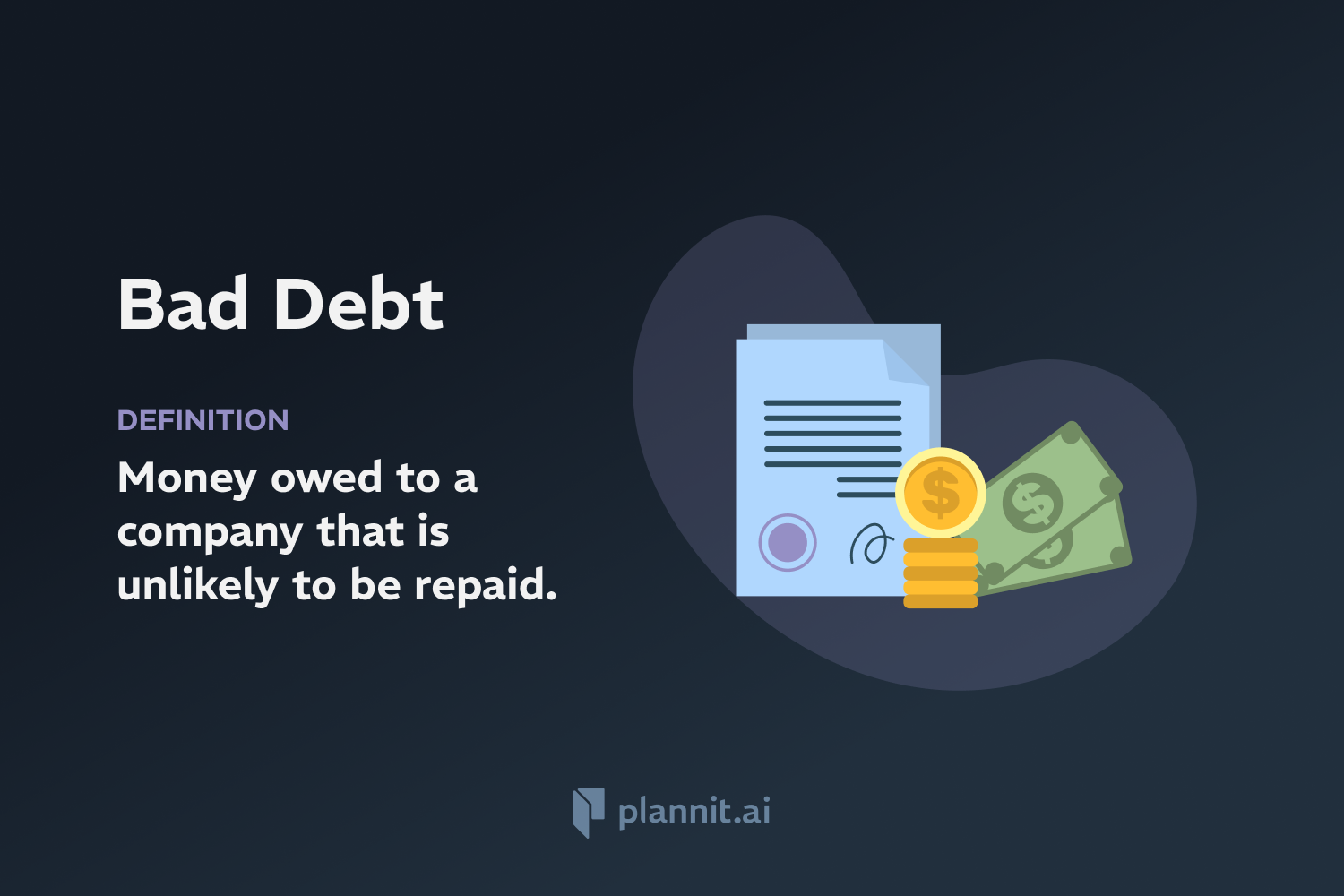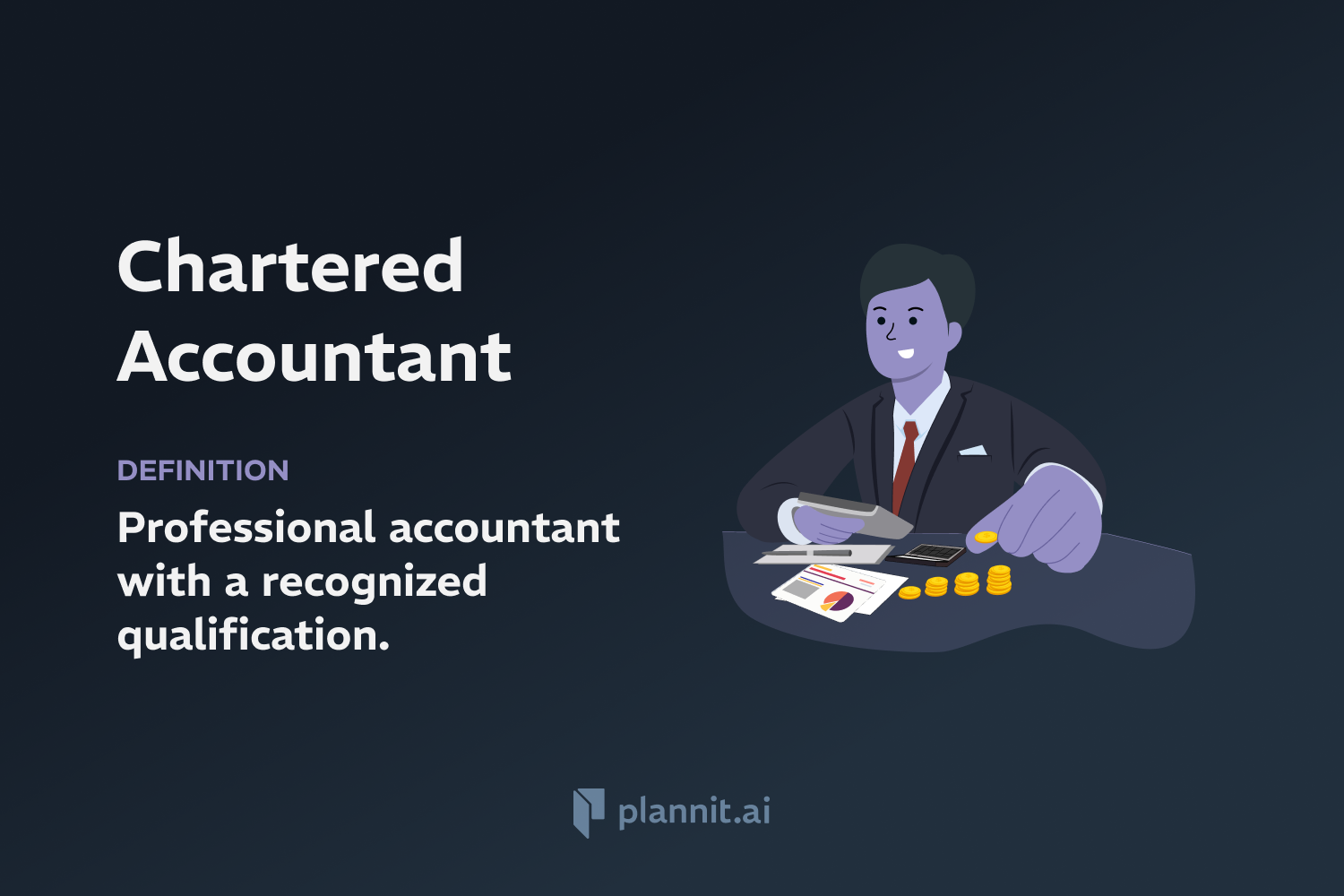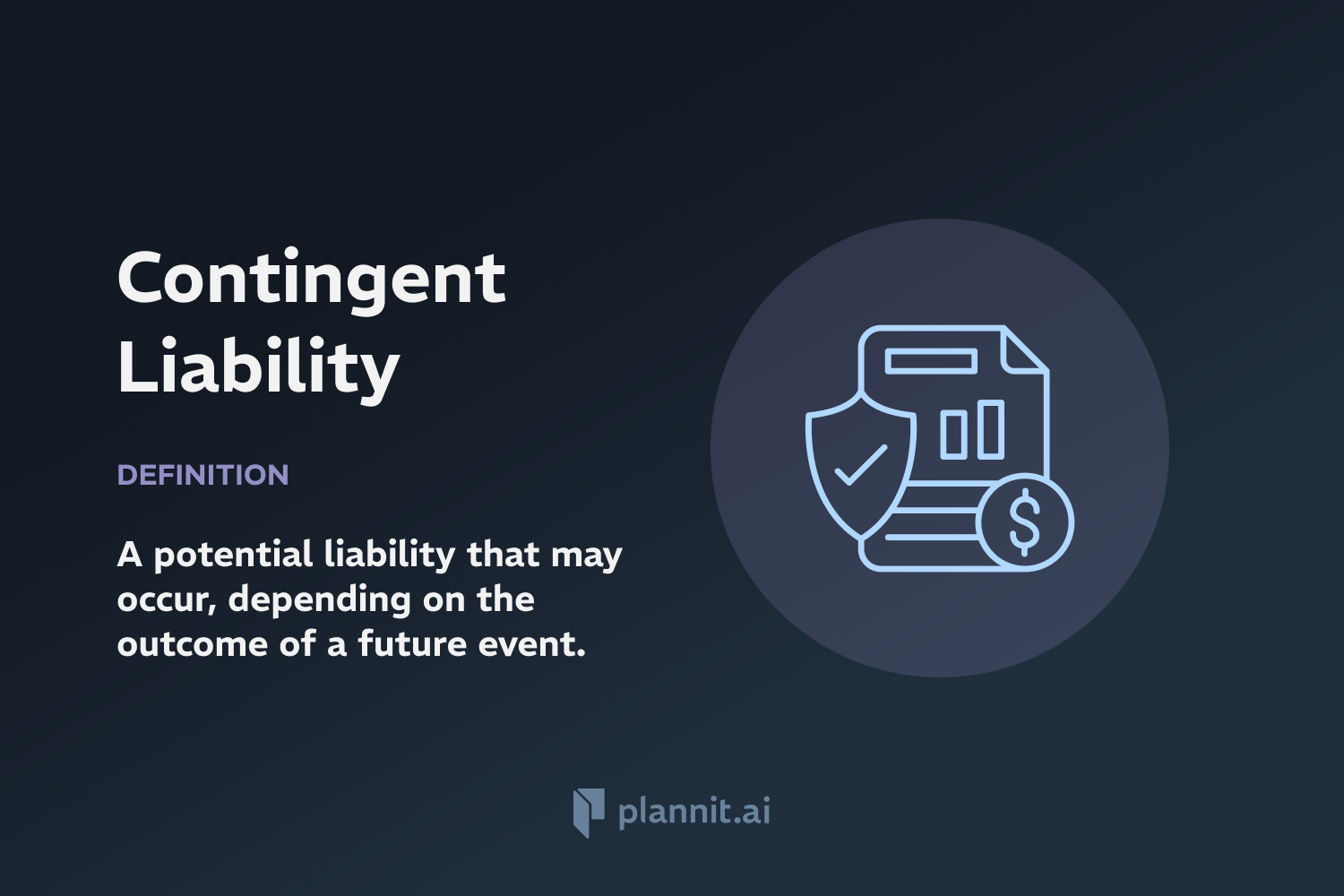Need Help With Your Business Plan?
Answer tailored questions and get a detailed business plan in minutes.
Fixed Assets: Definition & In-Depth Explanation
Fixed assets, also known as tangible assets or property, plant, and equipment (PP&E), are long-term assets that a company owns and uses in its operations to generate income. These assets are not expected to be consumed or converted into cash within a year. Fixed assets typically include items like land, buildings, machinery, vehicles, and equipment. Accounting for these assets involves depreciation to spread their cost over their useful lives, reflecting wear and tear or obsolescence.
Purpose:
The purpose of fixed assets is to provide essential resources for a company to operate and produce goods or services. These assets represent a significant capital investment and are critical for the long-term operations of the business. Proper management of fixed assets helps companies maximize their investments through efficient use and maintenance, ensuring that these assets deliver the highest possible value over their lifespan.
Example:
A manufacturing company purchases a new piece of machinery for $100,000, which is classified as a fixed asset. The machinery has an expected life of 10 years and will be used to produce products that the company sells. The company will depreciate the asset over its useful life, meaning it will recognize a depreciation expense of $10,000 annually, which reflects the machinery's cost spread over its expected duration of service.
Related Terms:
Depreciation: The systematic allocation of the depreciable amount of an asset over its useful life. It is a way of matching the cost of the fixed asset with the revenue it generates each year.
Capital Expenditures: Funds used by a company to acquire or upgrade physical assets such as property, industrial buildings, or equipment.
Asset Management: The process of developing, operating, maintaining, and selling assets in a cost-effective manner.
Net Book Value: The value at which a company records an asset in its accounting records. Net book value is calculated as the original cost minus any accumulated depreciation, depletion, or impairment costs made against the asset.
FAQs:
How do fixed assets differ from current assets?
Fixed assets are intended for long-term use and are not likely to be converted quickly into cash within a year. Current assets, such as cash, inventory, and accounts receivables, are expected to be converted into cash or used up within one business cycle.
Why is it important to track fixed assets?
Tracking fixed assets is important for financial accounting, insurance, and tax purposes. It helps ensure accurate financial reporting, aids in budgeting for replacements, and is essential for calculating depreciation for tax reduction.
Can fixed assets become obsolete?
Yes, fixed assets can become obsolete due to technological advances, changes in market demands, or legal or environmental factors. Companies must evaluate their fixed assets regularly for impairment to reflect their reduced usability.
What is an impairment of a fixed asset?
An impairment occurs when the market value of a fixed asset decreases significantly and unexpectedly, which is not reversible. When this happens, the carrying value of the asset in the company's books is reduced to reflect its lower value.
How do companies dispose of fixed assets?
Companies can dispose of fixed assets by selling, scrapping, trading, or donating them. Loss or gain on disposal is calculated based on the difference between the net book value of the asset and the proceeds received from the disposal.
Get funding with a business plan that will impress investors.
Starting a New Business?



